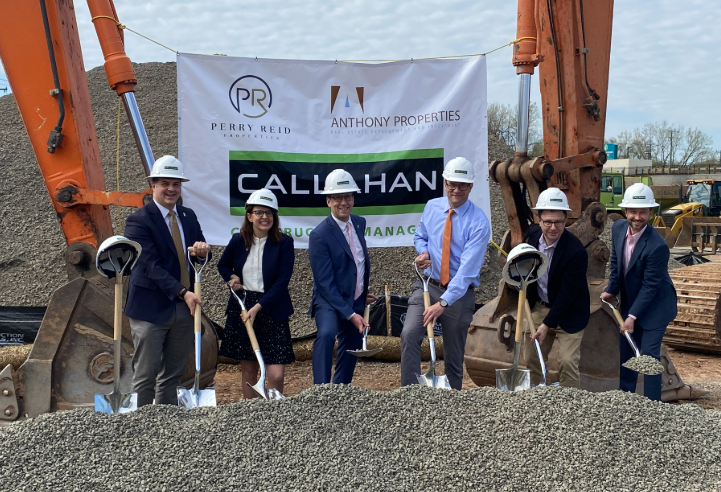News: Connecticut
Posted: May 15, 2008
Creating a million dollar investment plan through RE
Real estate investing has the most tremendous wealth appreciation potential available to the average consumer. It is the foundation for building future wealth.
Todays market offers several avenues of opportunity: short sales, probate sales, foreclosures and distress sales. In addition, flipping homes is essentially available to any income bracket consumer.
The stock market has been declining and doesn't allow for leveraging your funds like the real estate market offers. There is no guarantee in the stock market or the real estate market, however, housing trends have shown a path to success. Investing in flips and purchasing investment properties is the greatest tax saving advantage available to off set your passive and earned income.
Flipping properties may be done without making improvements. Sometimes the right decision is to simply buy the property at the right price and wholesaling it to another investor making a reasonable profit in a very short time. Knowing your market and having a knowledgeable professional guiding you through this process is the right start. For instance, Hartford County has several opportunities to invest in multi-family homes at almost 50% off retail value!
Flipping properties and processing the sale through a 1031 tax exchange allows for a deferral of tax on your income made on this investment and can be orchestrated to become a tax free exchange when rolled into your own home at some later time.
Investing in real estate as a rental property allows you to receive a paperless loss from the IRS called depreciation. Depreciation allows for a house/multi family to be depreciated over 27.5 years and commercial real estate to be depreciated over 39 years. Rental income is passive income meaning you do not have to work for this income. When using this depreciation, passive income may be tax free income. History has shown that appreciation of the real property is another proven way to build wealth over time.
For example: The depreciation first offsets against the income of the property. Just using a rough rule of thumb, let's assume that you put 10% down on the property valued at $250,000 and you're receiving a cash return of 20%. That would mean you have a positive cash flow $5,000 per year. We're going to also assume, for purposes of our example, that you have an interest only loan for the maximum tax benefit. (Interest is fully deductible, while amortizing the loan payment with principal and interest, is only partially deductible.) That means you will likely have a taxable income of $5,000 per year, but wait! You can subtract the $10,000 depreciation from the $5,000 income and create a paper loss of $5,000. Of course, you actually put $5,000 in your pocket. But the government will let you take the loss.
Finding the right path to your real estate success begins with a proper business plan, the right team of professionals, such as, an accountant, bookkeeper, attorney and of course an educated real estate investor and an experienced real estate broker. You must trust your advisors and understand the risk/benefits of investing prior to beginning.
If you've done your homework and are given sound advice, you too can create a million dollar investment plan!
Amy Rio is owner/broker at Executive Real Estate, LLC, Glastonbury, Conn.
Tags:
Connecticut
MORE FROM Connecticut
Highcap Group brokers $41.1 million sale of two building multifamily portfolio
Norwalk, CT Highcap Group has completed the sale of two luxury multifamily properties with a total of 120 units for a combined purchase price of $41.4 million.

Quick Hits







